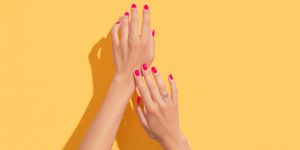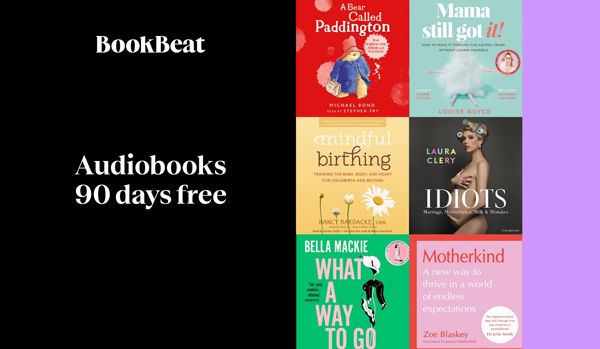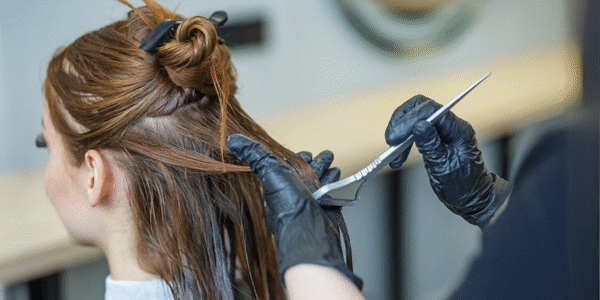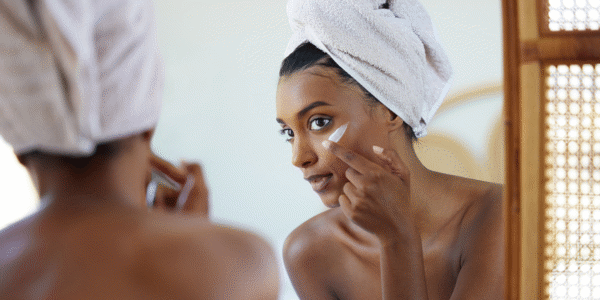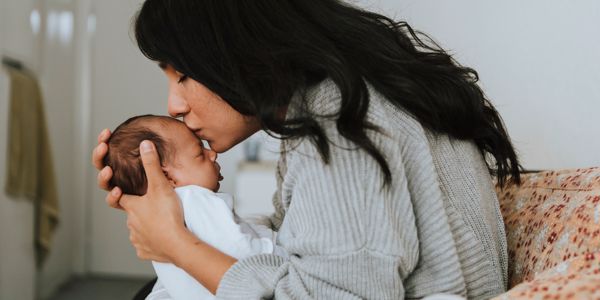Pregnancy is a time of many changes. It’s 9 months of a woman’s life where lots of sacrifices have to be made. Fortunately, however, it doesn't mean you have to forgo your beauty routines. Many expectant mothers wonder if they can still enjoy a manicure or other nail treatments. This article explores the safety and precautions for nail care during pregnancy, ensuring you stay safe, yet stylish.
The Basics of Manicures During Pregnancy
Getting a manicure during pregnancy is generally safe, but it’s important to choose a reputable salon that adheres to strict hygiene standards. This reduces the risk of infections, which can be more problematic during pregnancy
Understanding Different Nail Treatments
Shellac
Shellac nails combine nail polish and gel. While the application process involves UV light exposure, it's considered safe if exposure is limited. However, pregnant women should ensure that the salon uses a good ventilation system.
BIAB (Builder In A Bottle)
BIAB is a type of gel designed to strengthen nails. Similar to shellac, it involves UV light and can be safe with proper ventilation and limited exposure.
Acrylics
Acrylic nails involve more potent chemicals and fumes. While some studies suggest that occasional exposure may not be harmful, it’s advisable to limit use and ensure the salon is well-ventilated.
Harmful Chemicals in Nail Products
During pregnancy, it’s best to avoid products containing formaldehyde, toluene, and dibutyl phthalate (DBP). Opt for nail polishes that are labelled as "3-free," "5-free," or "10-free," which indicate the absence of these harmful chemicals.
What to Look for in a Pregnancy-Safe Nail Polish
When selecting a nail polish during pregnancy, look for the following:
- Non-toxic labels: Products labelled as free from formaldehyde, toluene, and DBP.
- Natural Ingredients: Some brands offer nail polishes made from natural ingredients and water-based formulas.
- Hypoallergenic: Hypoallergenic nail polishes reduce the risk of allergic reactions.
Will the Fumes in a Nail Salon Affect You?
The fumes from nail polish, acetone, and other nail products can be strong and potentially harmful if inhaled in large quantities. Ensure that the nail salon is well-ventilated to avoid potential risks. Some tips to minimise fume exposure include:
- Ventilation: Choose a salon with good ventilation systems or open windows.
- Masks: Consider wearing a mask to reduce inhalation of fumes.
- Timing: Visit the salon during off-peak hours when it's less crowded and the air quality may be better.
Tips For Staying Safe at the Nail Salon
No conclusive data shows that manicures during pregnancy are entirely safe or dangerous. However, some strategies can help reduce any potential risks:
- Thorough Hand Washing: Wash your hands thoroughly after a manicure to remove any remaining chemicals and avoid accidentally ingesting them.
- Less Toxic Products: Bring your own less toxic nail polish and nail care supplies to the salon.
- Home Manicures: Consider doing your own manicures at home to control the products used and ensure a safe environment.
- Wear a Mask: Wearing a mask during your manicure can help reduce exposure to fumes.
- Review Ingredients: Always review product ingredient lists for harmful chemicals like formaldehyde, toluene, and DBP.
- Natural Alternatives: If you're concerned about chemical exposure, consider natural alternatives like nail buffing for a shiny look or using a simple nail strengthener free from harmful chemicals.
Conclusion
Getting your nails done during pregnancy can be a safe and enjoyable experience with the right precautions. Choose reputable salons, avoid harmful chemicals, and ensure good ventilation. By following these guidelines, you can maintain your beauty routine and prioritise your health and the health of your baby.
Always consult your healthcare provider before continuing with regular beauty treatments during pregnancy. If you experience any adverse reactions such as skin irritation or respiratory issues, discontinue use and seek medical advice.


